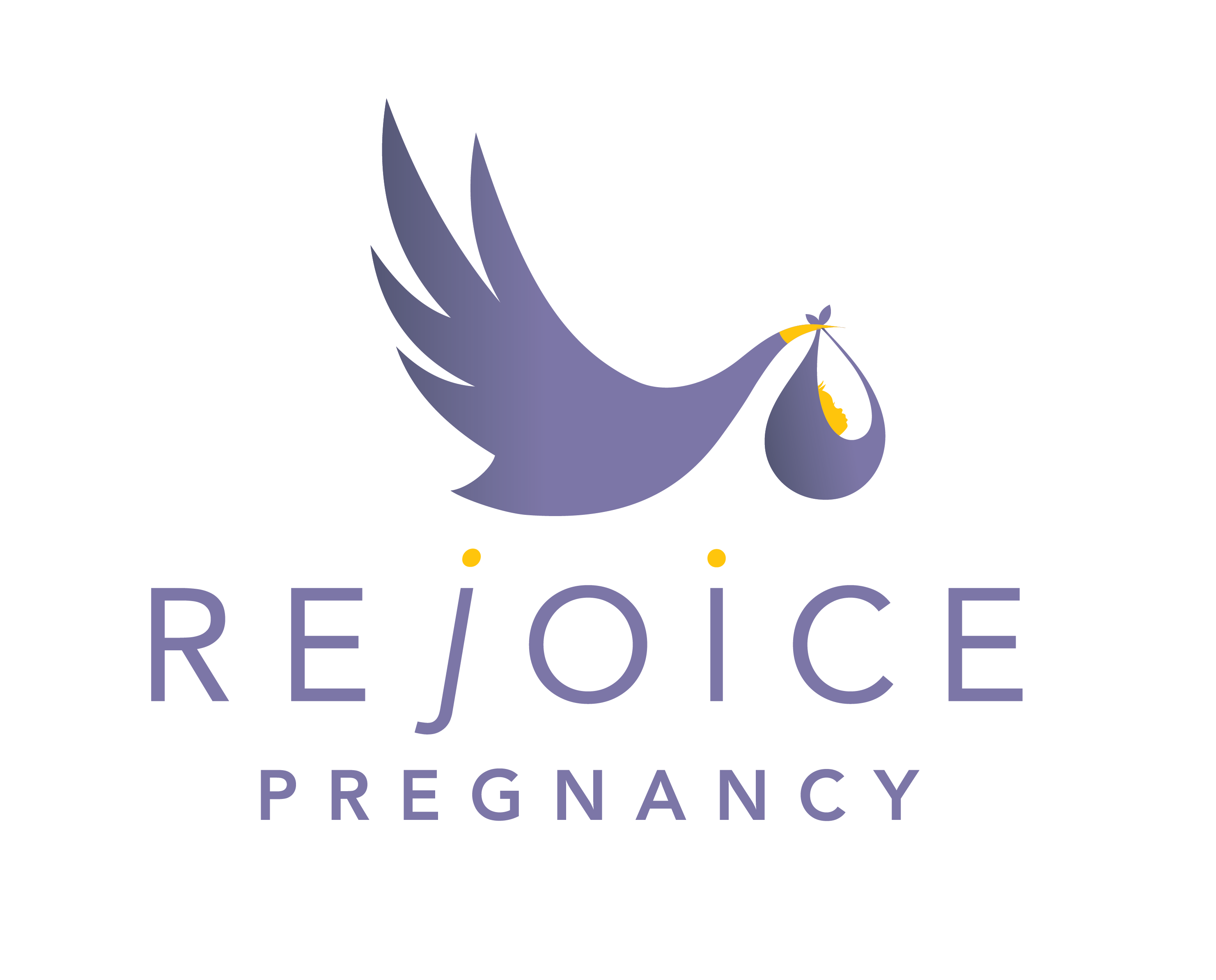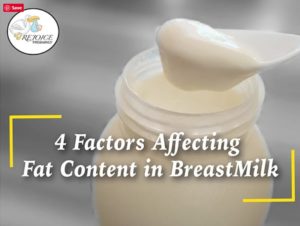The amount of fat in human milk changes dramatically during each feeding and throughout the day, since fat content depends on the degree of emptiness of the breast (empty breast = high fat, full breast = low fat). The average fat content of human milk is 1.2 grams/oz.
Research tells us that mom’s diet does not affect the average amount of fat or calories in her milk. However, mummies can change the types of fat in her milk by altering the types of fats that she eats.
Different Types of Fats in Breast Milk
There are a host of different fat types found in breastmilk.
They include:
Saturated fats
Monounsaturated fats
Polyunsaturated fats
Omega-3 fatty acids
It has also been observed that milk volume is typically greater in the morning hours and is a good time to pump if you need to store milk. Volume falls gradually as the day progresses. Fat content however, tends to increase as the day progresses.
1. Amount of Milk in the Breasts
The degree of emptiness of the breast is what research has shown to drive breastmilk fat content, and thus calorie content. The fuller the breast, the lower the fat content of the milk; The emptier the breast, the higher the fat content of the milk
2. Frequency Between Nursing Sessions
The fat content present in your breast milk is proportional to the number of times you feed your baby. This fact seems implausible, but it occurs because you are nursing your child faster than your breastmilk replenishes. This allows a higher portion of hindmilk to be retained in the breasts between feedings.
3. Time
The time of the day affects the fat concentration of the breast milk and it also depends on an individual. Some women have fuller breasts in the morning, while others have fuller breast during the afternoon or evening. Keep a note of your own experiences so you can judge when best to feed your baby.
4. Nutrition
Although this is a commonly-held belief, adding more fats to your diet does not alter the fat content in breast milk. In fact, this misconception has no basis whatsoever. Nevertheless, if your diet is rich in healthy fats, it can influence the type of fats present in your breastmilk.
Milk fat may be more effectively increased through natural means (i.e. longer & more frequent feeding, massage, breast compression, expressing foremilk before nursing) than by changing mom’s diet.
*credits to Kelly Bonyata, IBCLC
Read More on How to increase your Breastmilk supply in a natural way “here”.
Did you know that we can help you prepare for breastfeeding without causing birth induction? Engorgement, Mastitis, Lack of Milk Supply and Blocked Ducts days are over!
learn more about Rejoice Pregnancy’s Lactation Therapy!
NEED A LACTATION SPECIALIST TO VISIT YOU?
Whatsapp us at 9777 8010 to make an appointment

